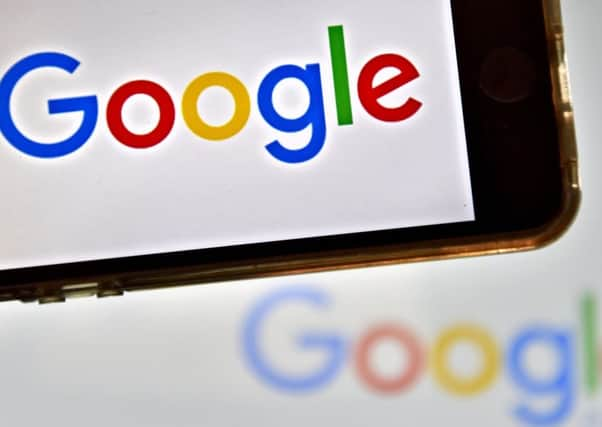Google creates new tool to crack down on '˜fake news'


The technology giant has added a “fact check” label to News and Search results globally for the first time, which identifies articles whose key points have been fact-checked independently.
The new Google tool will appear beneath key searches results, showing a claim made within an article, who made it and if it is true or false according to Google certified fact-checking organisations and news publishers.
Advertisement
Hide AdAdvertisement
Hide AdThe label, which Google has been trialling in some areas since last year, comes in the wake of Facebook announcing the launch of a new tool that aims to educate social media users on how to identify false news.
“Google was built to help people find useful information by surfacing the great content that publishers and sites create,” the tech giant said in a blog post.
“This access to high quality information is what drives people to use the web and for contributors to continue to engage and invest in it.
“However, with thousands of new articles published online every minute of every day, the amount of content confronting people online can be overwhelming. And unfortunately, not all of it is factual or true, making it hard for people to distinguish fact from fiction.”
Google said the label will be used to help readers make “informed” decisions on what to read and whether it can be trusted as a source of information.
“For the first time, when you conduct a search on Google that returns an authoritative result containing fact checks for one or more public claims, you will see that information clearly on the search results page,” the tech giant said.
Google said the information would not be available for every search result.
Other internet giants including Facebook, Twitter and Microsoft have been heavily criticised in recent weeks over the policing of a range of content on their platforms, with the Government urging them to do more to reduce illegal and extremist content appearing online.
Facebook has also been told it must do more to prevent the spread of fake news in the wake of launching a new educational tool to identify such stories on the social site.